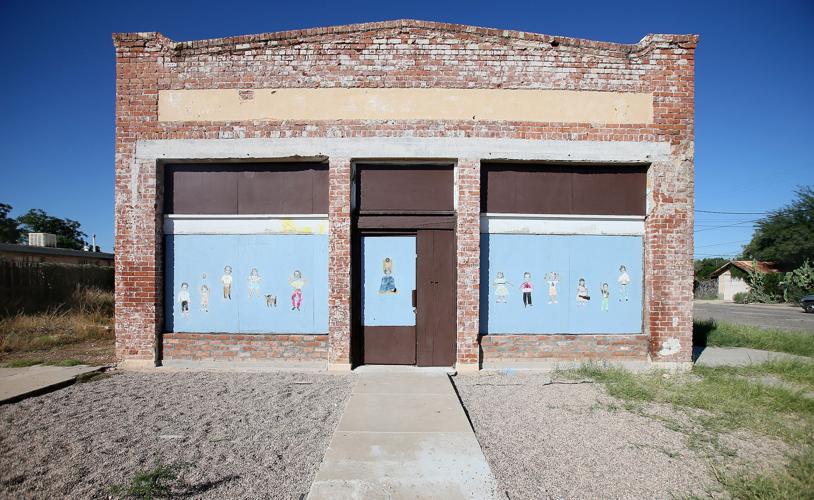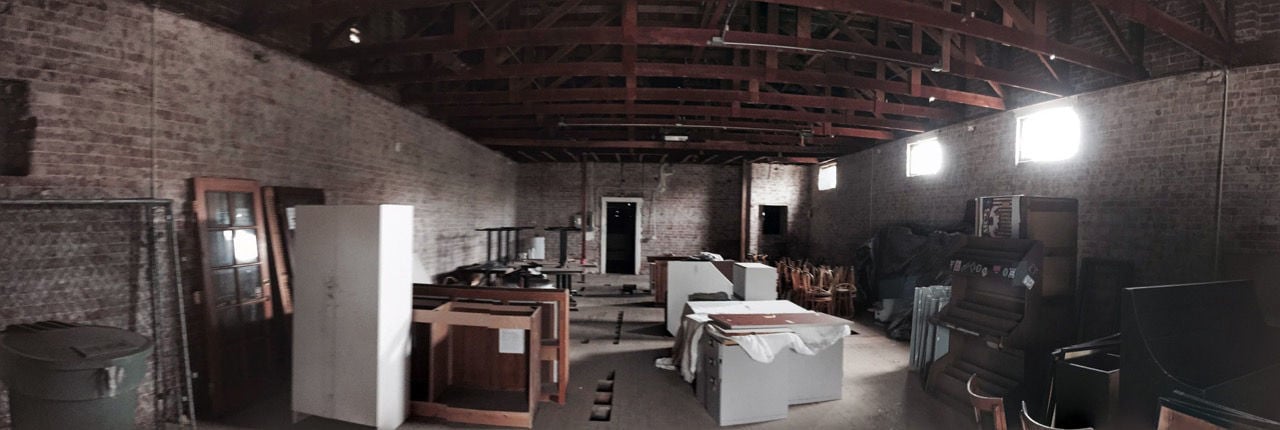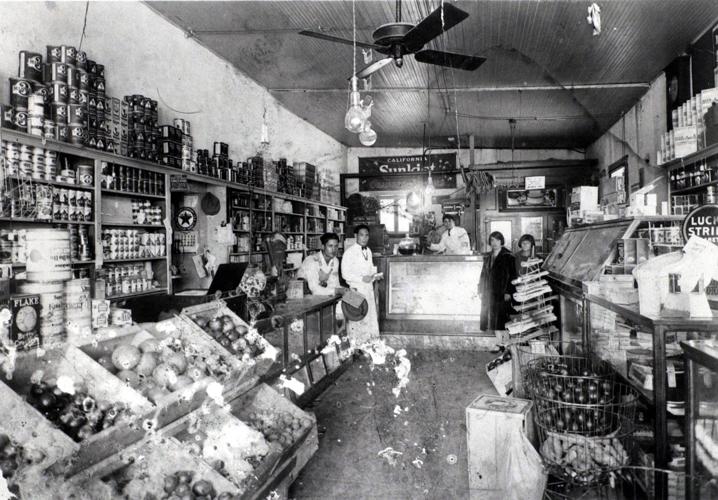A local contractor, and Tucson native, is working on his dream of building a home in the city’s center while preserving a piece of local history.
Joel Alley, vice president of West Point Contractors Inc., recently bought the former OK Market on South Fourth Avenue at 16th Street for $220,000.
The 1,600-square-foot, double-brick building, built in 1926, was once part of a thriving Chinese-owned grocery store cluster in downtown Tucson.
Alley, 33, plans to build a two-story, L-shaped home around the existing building and turn the former market into a coffee shop or bakery — depending on feedback from neighbors. He plans to attend the neighborhood association meeting next month with ideas.
“I’ve been looking to move downtown and when I drove by the place it caught my eye,” said Alley, a graduate of University High School and the University of Arizona. “As this area continues to grow, we’ll decide what they’d like to see on this corner. It’s an active neighborhood.”
He plans to re-create the original awning and hang it on the building, which served as a taxi headquarters and thrift shop after its run as a neighborhood grocery store.
West Point Contractors, founded by Alley’s father, Bob Dobbin, specializes in federal contract work such as visitor centers in national parks and forests.
Alley wants to expand more into commercial development since returning to Tucson in 2007 to join his father’s company.
“Federal work got us through the recession,” he said. “Now we have the chance to move into the commercial side of contracting.”
As a native, Alley also wants to pay tribute to Tucson history by restoring old buildings such as the OK Market. He plans to invest about $200,000 to restore the building.
“I want to keep that history intact — the history of the Asian market in Tucson,” he said.
Arriving in the late 1800s to work as miners, and later on the railroad, Chinese immigrants settled around South Meyer, Main, Pennington, Pearl, Congress and Alameda streets, historical records from the Tucson Chinese Cultural Center show.
After settling in predominantly Mexican neighborhoods, the Chinese men returned to farming, growing fruits and vegetables for market. By 1885, there were 150 acres of farmland cultivated by Chinese farmers along the banks of the Santa Cruz River.
After 1900, many of the men returned to China to bring back wives. This led to the creation of grocery stores that relied on family labor, according to the cultural center. The barrio markets prospered as Chinese grocers extended credit to customers who could not pay their bills right away. By 1940 there were about 100 Chinese grocery stores in downtown.
While some families moved to Marana for larger farming space, other young men joined the military. Chinese markets closed one by one beginning in the 1950s as children of immigrant parents left the family businesses to attend college.






